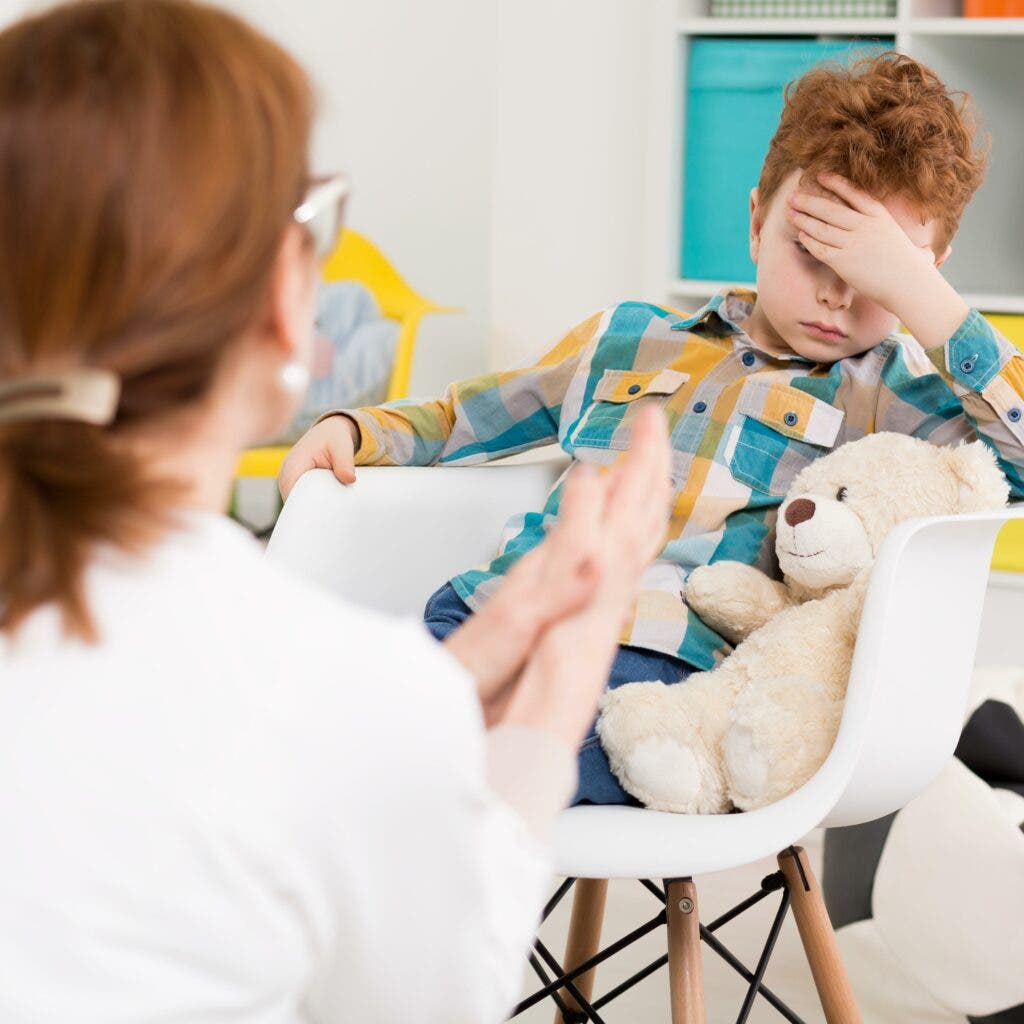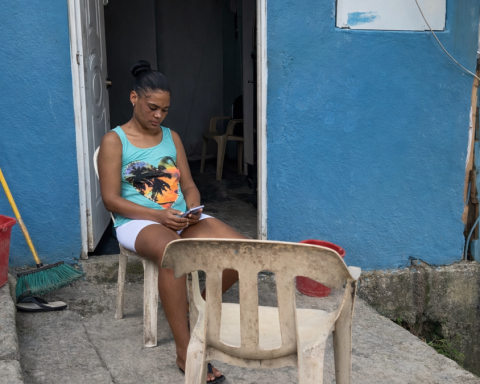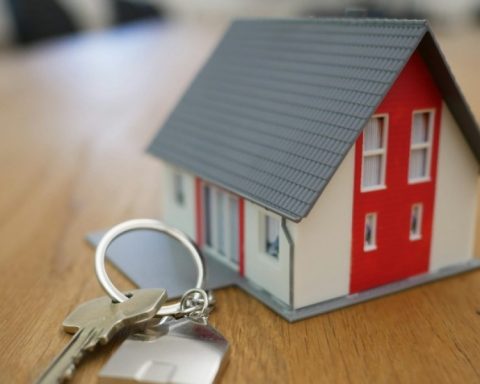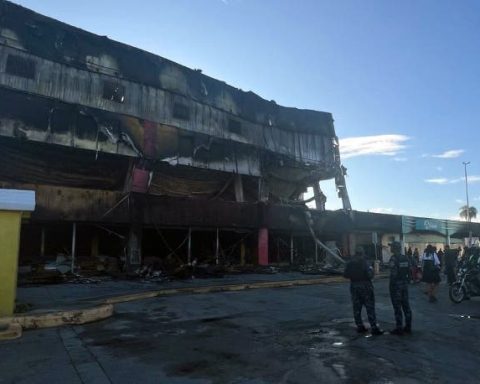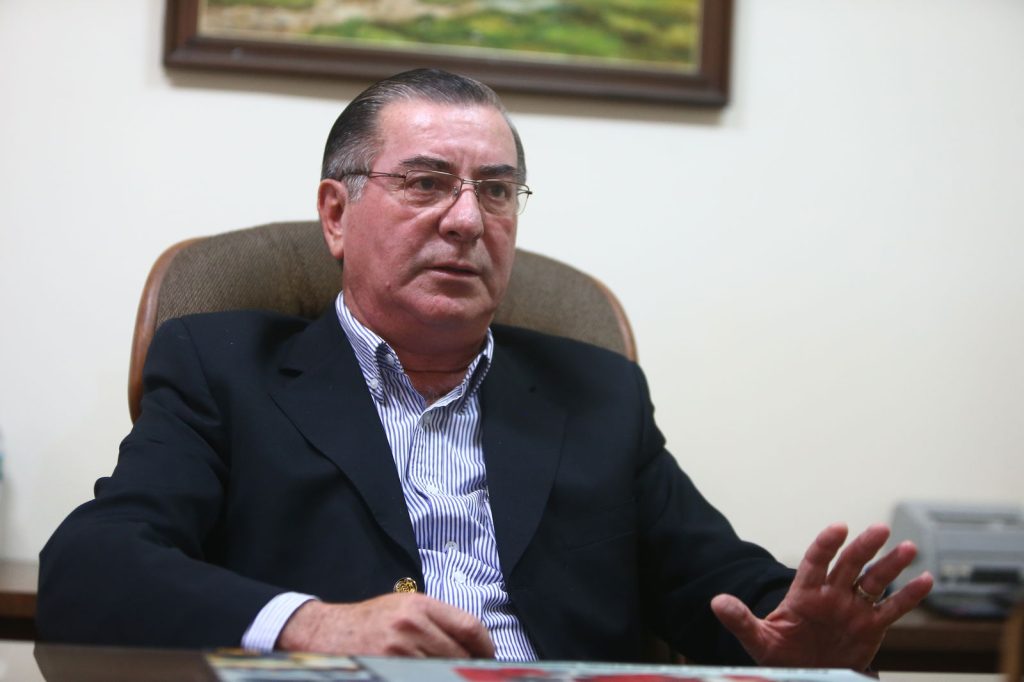Santo Domingo.- Although the Dominican health system is precarious to address the problems of mental health In adults, the situation is even worse when it comes to children and adolescents.
Currently, the National Health Service (NHS) It has only 16 beds for child psychiatric confinement, distributed across four hospitals in different regions of the country, an insufficient number in the face of the growing demand for specialized services.
The Santo Socorro Hospital in the National District has eight beds; the Dr. Arturo Grullón Regional Hospital in Santiago has two; the Luis Morillo King Regional Hospital in La Vega has four; and the Juan Pablo Pina Regional Hospital in San Cristóbal has two more.
This scenario leaves large areas of the country without adequate coverage to care for minors who require hospitalization for mental disorders.
We invite you to read: Psychiatrist: “Parents are not friends of their children”

The outlook is equally discouraging in terms of outpatient psychological and psychiatric consultations. According to SNS data, there are no psychiatric consultations for children and adolescents in the entire Eastern region, while in the Enriquillo and Western Cibao regions, only one hospital in each offers this service.
Alerts
A child or adolescent should seek mental health care when they experience significant changes in their behavior or emotional state that affect their general well-being and daily functioning.
Psychologist and family therapist Yesmín Meyer explained that warning signs include extreme social isolation, loss of interest in activities previously enjoyed, sudden changes in academic performance, difficulty concentrating, and changes in sleep or appetite.
Furthermore, problems such as persistent anxiety, deep sadness, constant irritability or disruptive behavior are also reasons to seek professional help.
Another important reason to seek mental health care is the presence of symptoms that interfere with the healthy development of the child or adolescent.
“These may include behavioral problems, such as extreme impulsivity or aggression, as well as difficulties in family or school relationships.”
Early mental health care is key to preventing serious future problems and contributing to the development of resilient and emotionally healthy adults.
Supervision
The president of the Dominican College of Psychologists, Yanis Mejía, explained that it is extremely important to verify whether the child or adolescent presents significant changes in his or her behavior.
«The first thing you need to do is check your teenager’s behavior from childhood to adolescence. For example, if you notice that your child remains locked in his room, that he no longer spends time with other teenagers, that he is not motivated to go outside like he used to, or that he has stopped practicing a sport that he used to enjoy, or if his academic performance has dropped, it is important to pay attention,» warned Mejía.
We invite you to read: Why are some young people so violent?
Statistics
The World Health Organization (WHO) estimates that more than 13% of adolescents aged 10 to 19 years in the world suffer from a diagnosed mental disorder, representing 86 million adolescents aged 15 to 19 years and 80 million adolescents aged 10 to 14 years (WHO, 2021).
Mental health problems in young people, such as anxiety, depression and attention deficit hyperactivity disorder (ADHD), have increased significantly following the COVID-19 pandemic, increasing the urgency of improving health infrastructure in this area.
Early mental health care is essential to prevent serious problems in the future and ensure that children grow up to be resilient and emotionally healthy adults.
Promoting a culture of open, stigma-free dialogue about mental health is essential to ensure that young people feel comfortable seeking help when they need it. Only in this way can the foundations be laid for the comprehensive well-being of future generations.
